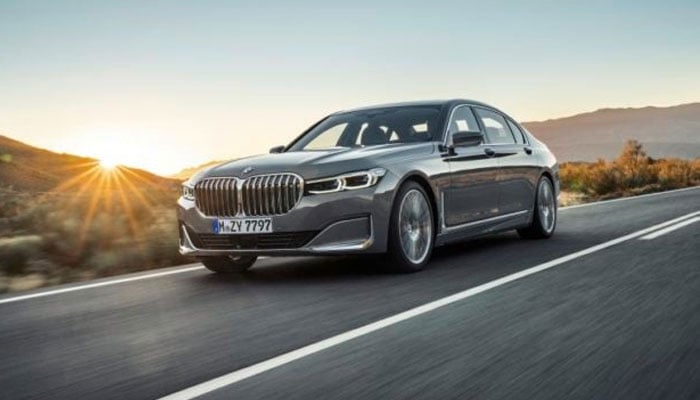Marketing influence? Study shows luxury brands like BMW, Porsche linked to higher rates of aggressive driving
Study draws attention to potential impact of advertising and marketing strategies that project an image of dominance on road
In a recent exploration of over 400,000 road accidents in the UK, a thought-provoking study has emerged, probing the potential connection between car brands and road safety.
The findings suggest that drivers of BMW, Subaru, and Porsche vehicles exhibit a statistically higher likelihood of engaging in risky or aggressive driving manoeuvres when compared to their counterparts behind the wheels of Skoda or Hyundai.
Published in the Journal of Social Marketing, the study catalyzes further investigations into the profound influence of car branding on driver behaviour.
Lead author Alan Tapp, a professor of social marketing at the University of the West of England, underscores the unexpected prevalence of aggressive driving tendencies associated with cars linked to marketing that appears to glorify high-performance driving.
The study raises awareness about the potential impact of advertising and marketing strategies that project an image of dominance on the road.
While recognising that aggressive drivers may actively choose specific car brands, the study provocatively questions whether certain brands contribute to or amplify such behaviour through their marketing approaches.
The data exposes a heightened frequency of risky actions among drivers of cars featuring advertising that accentuates performance driving, initiating a discourse on the intricate relationship between road safety and contemporary marketing techniques.
Co-author Dan Campsall from road safety consultancy Agilysis highlights the conflicting messages sent to drivers regarding expected behaviour while operating vehicles.
The study prompts contemplation on whether manufacturers and regulators should reassess the potential adverse effects of modern marketing on road safety.
Despite these thought-provoking findings, industry representatives assert their unwavering commitment to safety. Car manufacturers argue that while technological advancements enhance safety features, human behaviour remains a pivotal factor.
The study, while shedding light on potential trends, is approached with caution due to the intricate interplay of various factors influencing driver conduct on the roads.
-
Climate change vs Nature: Is world near a potential ecological tipping point?
-
125-million-year-old dinosaur with never-before-seen spikes stuns scientists in China
-
Scientists stunned as shark appears for first time in Antarctic Southern Ocean waters
-
New study suggests universe can end in ‘Big Crunch’ in 20bn years
-
Hidden Venus: New data discovers massive underground Lava Tube
-
‘Earth is defenseless against city-killer asteroids’: NASA issues stark warning
-
Annular solar eclipse 2026: Where and when to see the ‘Ring of fire’
-
Bright green comet C/2024 E1 nears closest approach before leaving solar system












